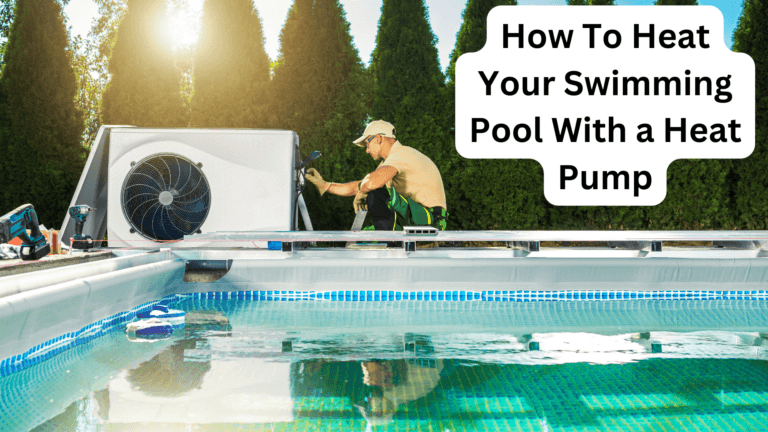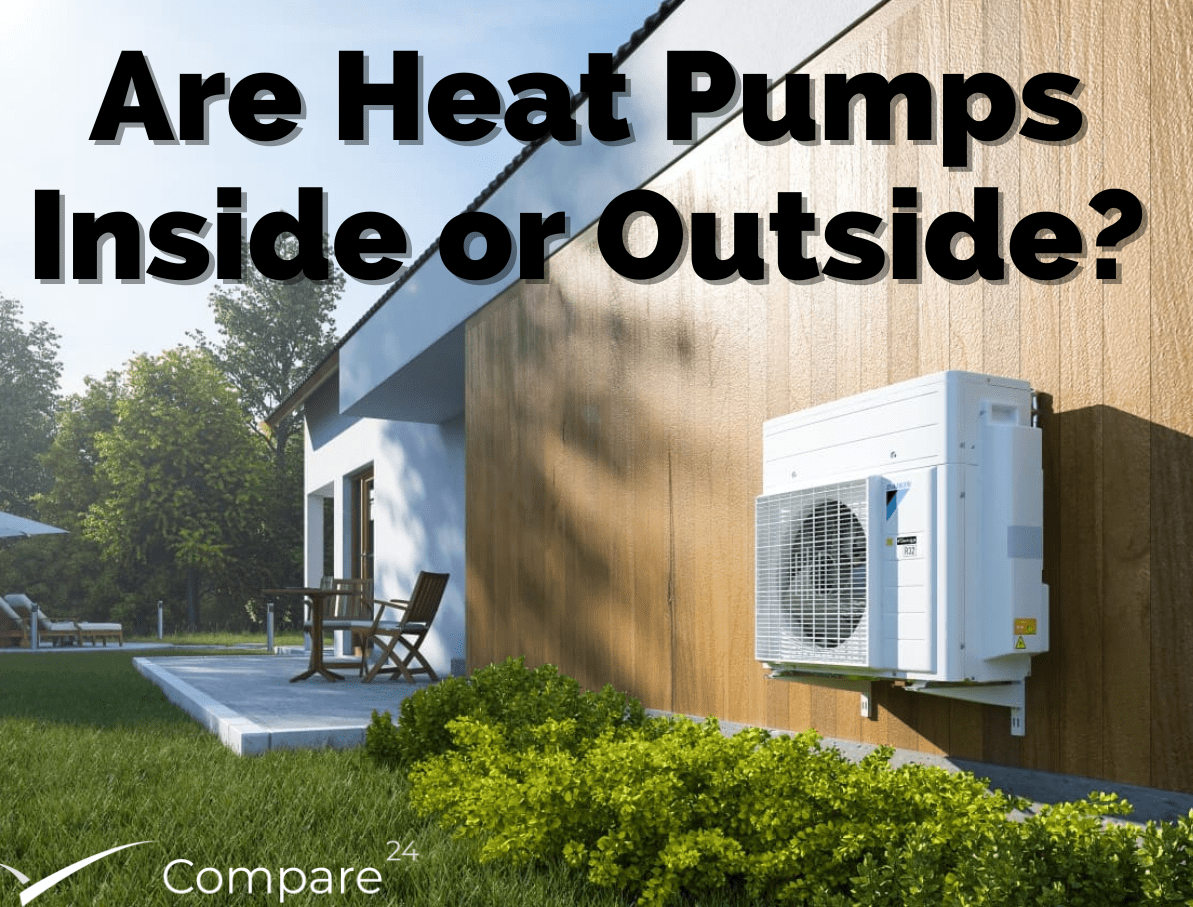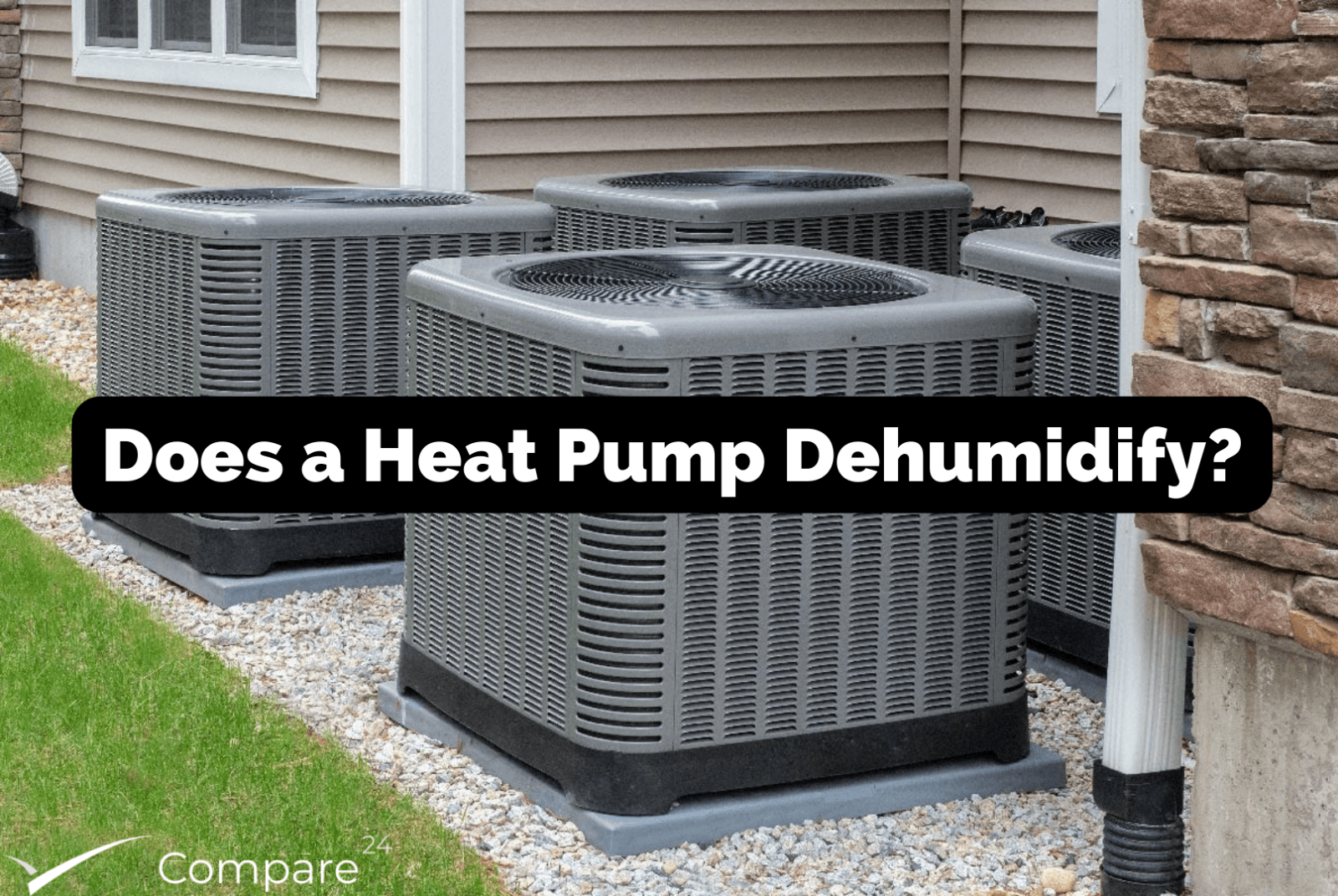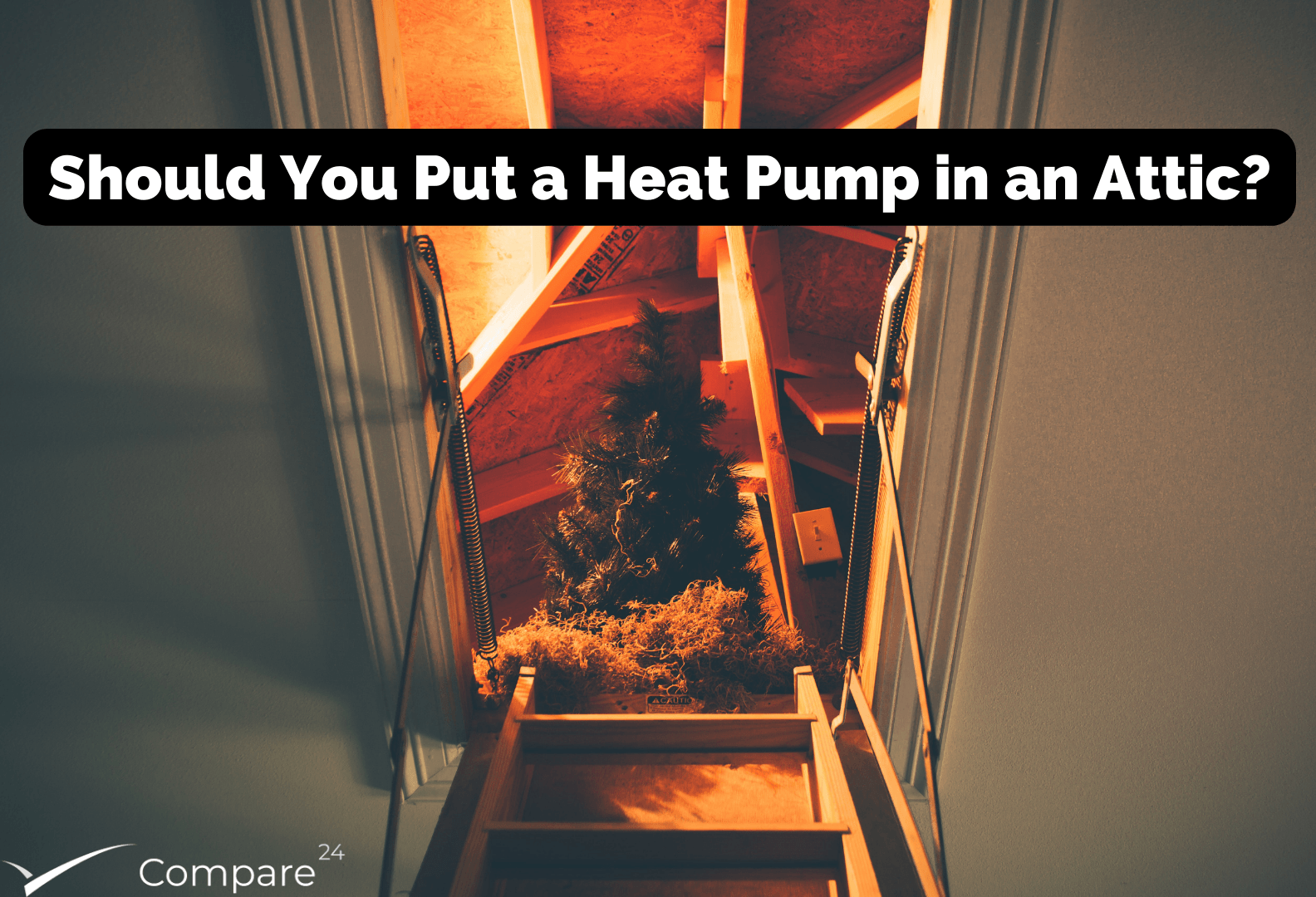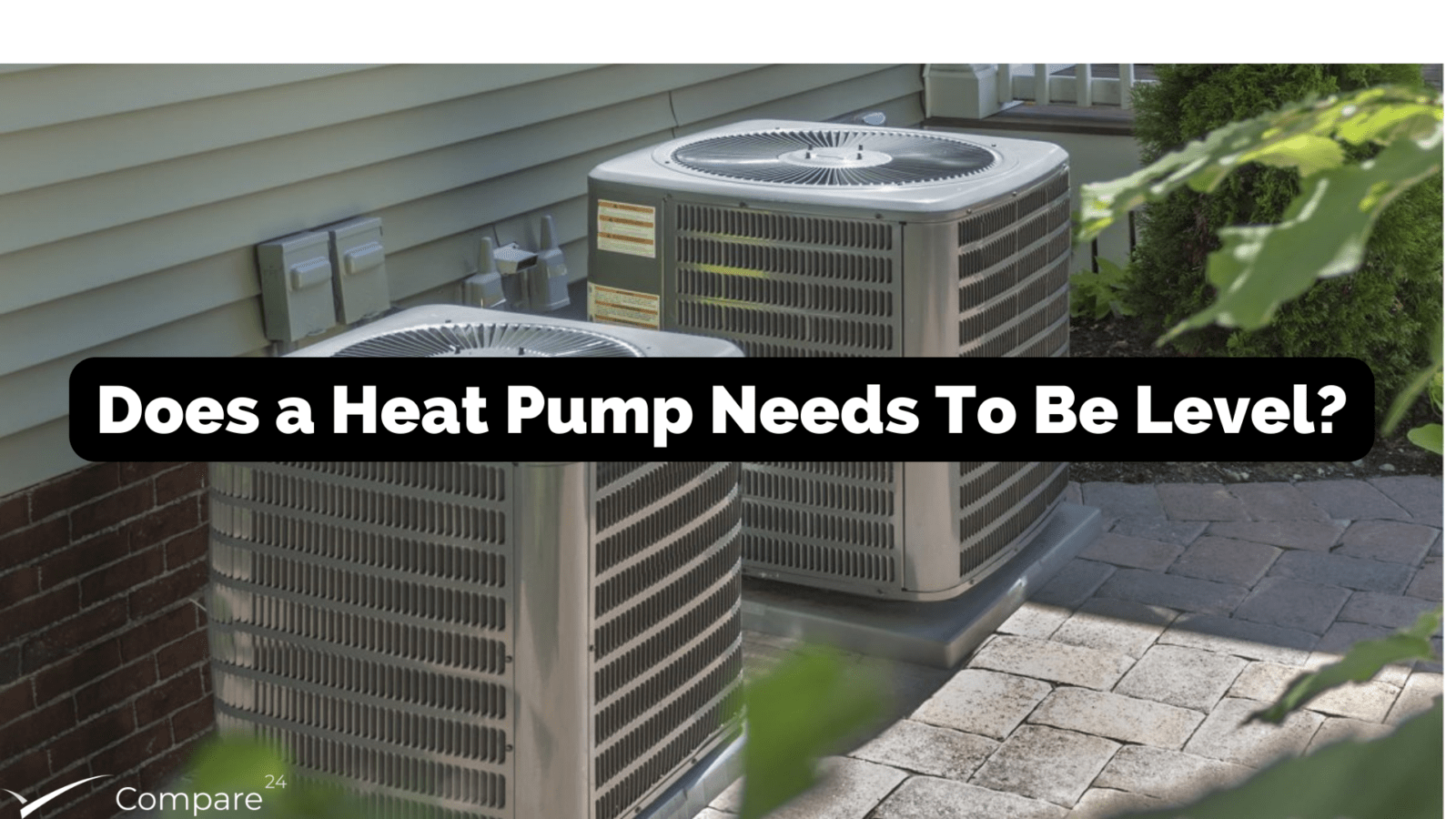Introduction
Heat pumps are an increasingly popular and efficient way of heating swimming pools. Heat pumps use a refrigerator-like compressor to absorb heat from the air and transfer it to the pool water, meaning they can heat the pool water by up to 10 degrees Celsius (50 degrees Fahrenheit) above the ambient air temperature. Heat pumps are a great way to heat a swimming pool as they are more energy efficient than other methods, such as electric or gas heaters.
Advantages of Heat Pumps
Heat pumps offer a number of benefits over other methods of heating a swimming pool. Firstly, they are more energy efficient than electric or gas heaters, as they use less energy to heat the pool water. Furthermore, they also have a longer lifespan, as they are not subject to the same wear and tear as gas or electric heaters. Additionally, heat pumps are quieter than other methods of heating a pool, making them a great choice for those looking for a peaceful, relaxing swimming experience.
Choosing the Right Heat Pump for Your Pool
When selecting a heat pump for your pool, there are a few things to consider. Firstly, you need to consider the size of your pool, as this will determine the size of heat pump you need. Heat pumps are available in a range of sizes, from small units suitable for a small pool, to larger units suitable for larger pools. You also need to consider the climate in your area, as the efficiency of the heat pump will vary depending on the temperature outside.
Installing the Heat Pump
Once you have chosen the right heat pump for your pool, the next step is to install it. Heat pumps should be installed by a qualified professional to ensure it is installed correctly and safely. The installation process involves connecting the heat pump to the pool’s plumbing system and wiring it to an electrical outlet. It is important to make sure the heat pump is installed in a well-ventilated area to ensure it has enough air flow for efficient operation.
Using the Heat Pump
Once installed, the heat pump is easy to use. Most heat pumps have a control panel which allows you to adjust the temperature of the pool water. You can also adjust the speed of the compressor to increase or decrease the amount of heat being transferred to the pool water. Additionally, some heat pumps also have a timer feature, allowing you to set the heat pump to turn on and off at predetermined times.
Maintenance of the Heat Pump
Maintaining your heat pump is important to ensure it is working correctly and efficiently. It is important to check the filter regularly and change it when necessary, as clogged filters can reduce the efficiency of the heat pump. Additionally, it is important to keep the area around the heat pump clean and free from debris, as this can also reduce the efficiency of the pump.
Troubleshooting
If you find that your heat pump is not working correctly, there are a few things you can do to try and fix the problem. Firstly, check the power source to make sure it is connected and working correctly. If the power source is working correctly, check the filter to make sure it is not clogged. Additionally, check the temperature setting to make sure it is set correctly. If the problem persists, it may be necessary to call a professional to inspect the heat pump.
Benefits of Heating Swimming Pools
Heating a swimming pool provides a number of benefits. Firstly, it allows you to swim in comfort, as the pool water will be at a comfortable temperature. Additionally, heating a pool can reduce the amount of chlorine needed to keep the pool clean, as the higher temperature will kill bacteria and algae more effectively. Furthermore, heating a pool can also extend the swimming season, as it will allow you to enjoy swimming for longer into the winter months.
Cost Considerations
When considering the cost of heating a swimming pool, it is important to take into account the cost of the heat pump, as well as the cost of running the pump. Heat pumps are generally more expensive to purchase than other methods of heating a pool, such as electric or gas heaters. However, they are more energy efficient, meaning they will cost less to run over time. Additionally, the cost of installation should also be taken into consideration, as this can vary depending on the complexity of the installation.
Conclusion
Heat pumps are a great way to heat a swimming pool, as they are more energy efficient than other methods, such as electric or gas heaters. Heat pumps are easy to use and maintain, and they can extend the swimming season by allowing you to enjoy swimming for longer into the winter months. When selecting a heat pump, it is important to consider the size of the pool and the climate in your area, as this will affect the efficiency of the heat pump. Additionally, it is important to consider the cost of installation and running the pump to ensure it is affordable for you.
